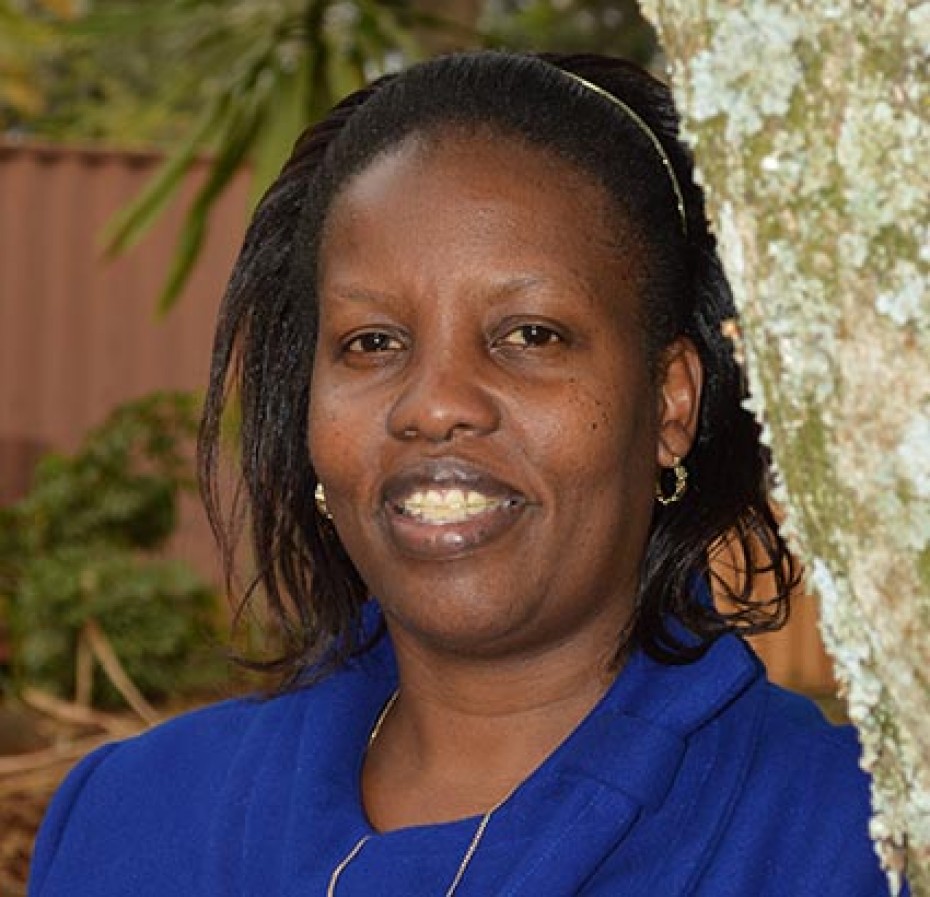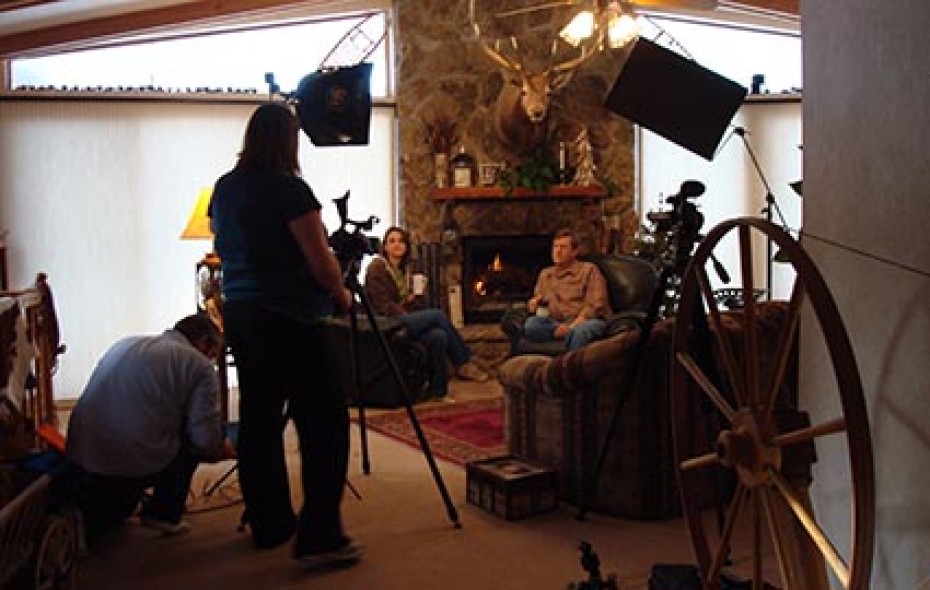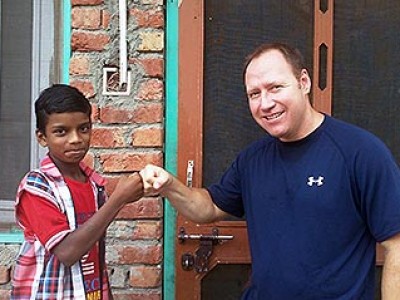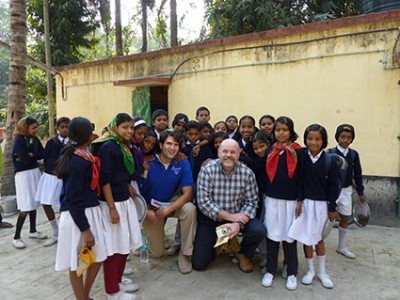Ministry Insider: Jackie Nyaga, A Voice for Children in Poverty

Our field staff are some of the most remarkable people around! Jackie Nyaga is no exception.
Continue Reading ›Ministry Insider: Dinah Meyer, Faithful Servant

Dinah Meyer has been working for Compassion 18 years. She has been around for much of the ministry’s history, and working in the Executive office, she has a unique perspective we want to share with you.
Continue Reading ›
Ministry Insider: Derek Gordon, Called to Serve
As the Complementary Interventions Strategy and Operations Manager, Derek Gordon is one of the people whom God is really using at Compassion through his wisdom, calling and commitment.

Ministry Insider: Wolfgang Riedner and Qavah
Wolfgang Riedner was born in Nuremberg, Germany, and spent five years as a pastor in southern Germany before he moved to Uganda to teach in Bible colleges. He now serves as Compassion’s Church Partnership Director.

Ministry Insider: Jeff Arnold, the Man Behind the Camera
Jeff Arnold is the eyes and ears for sponsors through video and photography. He travels to each country we work in to get stories of sponsored children.


